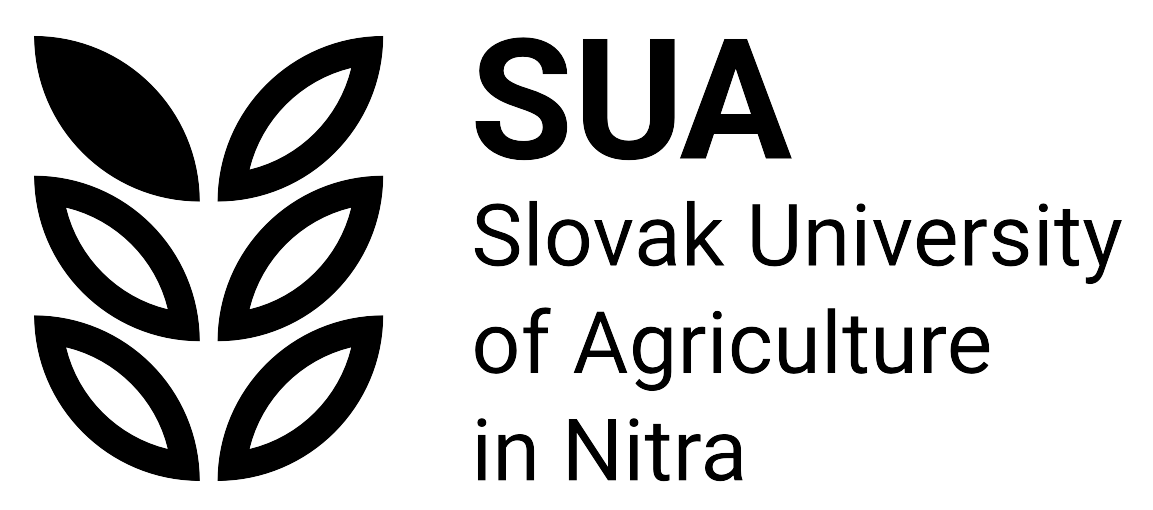Results & Events
- The initial "kick-off" meeting of the representatives of the project partner countries and all project specialists will take place in Nitra (SK) to discuss the project aims, expected results, methodologies of individual activities, distribution of activities according to partner countries, and financial budget. The participants of the opening meeting will be representatives of project partners from the countries SK, PL, CZ, UA, MD, RS, experts in botany, experts in the description and evaluation of plant pollen, experts in scanning microscopy, experts in creating an e-database, specialized technical staff for morphometric analysis of pollen and bee pollen.
- A professional authorized regional e-database of pollen grains and bee pollen from at least 150 plant species providing data for morphological characteristics, identification, classification, selection and comparison of plants processed specifically for the melisopalynological analysis of pollen grains in bee products but also for other practical uses. According to international requirements, an authorized database will be created specifically for melisolopynological analysis of bee products to determine the botanical and geographical origin of pollen detected in honey and bee pollen. The data can also be used in the fields of botany, oceanography, limnology, pedology, geology, paleontology, ecology, melitology, entomology, archeology, aerobiology, allergology, and forensic palynology.
- Project website will be used to present basic information about upcoming project - partners, basic and fascinating knowledge about pollen and bee pollen, project aims, target groups, planned activities, expected results, practical significance of the obtained results, contribution to the socio-economic development of beekeepers, benefit for improving human health, timeline, importance of pollen database for beekeeping and other scientific fields. In addition to basic information about the project, the website will provide beekeepers as well as other users and the public with information about the content of harmful components in bee products that threaten human health, as well as obtained knowledge from the project will be presented by collectives from partner organizations.
- Methodology for creation of e-database of morphological characteristics of pollen (PLD1) and bee pollen (BPD2) from plant species with a capacity for at least 2 thousand species (at least 150 species are planned to be processed during the implementation of project) with text and photo attachments with requirements for simple adding of basic textual, numerical and photo data for each plant species, selection, classification, comparison of species. The authorized e-database will provide users with identification data on each plant species: Latin name, names of the plant in at least 10 world languages, 10 professional photos of pollen morphology and details on the pollen exine, basic data on the length and width of pollen grains with statistical analysis, description and characteristics of pollen grains, photos of leaves and flowers for the identification of the species with authors name.
- The project's expert team made up of specialists from partner organizations - botanists, experts for the description and evaluation of plant pollen, experts for scanning microscopy, experts for creating an e-database, specialized technical staff for morphometric analysis of pollen and bee pollen. The experts team will ensure all specialized work: a) processing of the methodology for the creation of an e-database of pollen from at least 2 thousand plant species with text and photo attachments, b) collection of pollen from flowering plant species; c) preparation of samples for microscopic analysis; d) microscopic analysis on a scanning electron microscope, e) morphometric analysis of pollen and bee pollen.
- Open science will be ensured in the project by involving professional and young beekeepers and other interest groups in the collection of bee pollen samples from plant populations growing only in some localities and micro-regions of Slovakia and other partner countries. All data will be processed in the created pollen database for expansion and sharing with all beekeepers, researchers, and educational institutions from professionals to citizens. Each country has its specific geographical conditions. In every region, micro-region, or locality, only some plant species are cultivated, from which bees collect nectar for honey and pollen for their nutrition. Professional or young beekeepers living there can provide information about these locations and collect bee pollen samples for the database. We therefore plan to use around 50-100 beekeepers in the project for these purposes.


